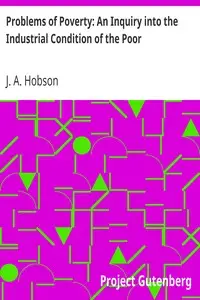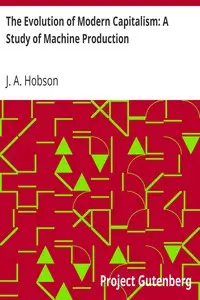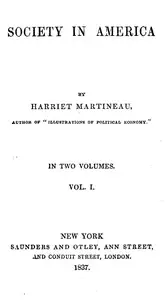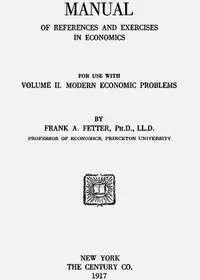"Progress and Poverty, Volumes I and II" by Henry George is an exploration of why poverty continues even as societies become wealthier and more industrialized. The book kicks off by looking at how technology has boosted productivity, yet many still struggle financially. George examines standard economic ideas, finding them lacking when it comes to explaining this contradiction. From there, the author embarks on a complete breakdown looking at labor, wages, and capital; George suggests unfair land and resource distribution is the core issue, leading him to propose land reform as a means to create a fairer society, especially for the working class. His argument pushes for a major shift in how we think about land ownership in hopes of boosting fairness and overall well-being.
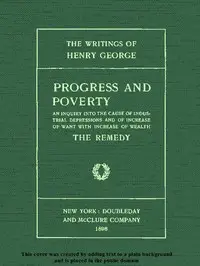
Progress and Poverty, Volumes I and II An Inquiry into the Cause of Industrial Depressions and of Increase of Want with Increase of Wealth
By Henry George
Discover how one reformer sought to fix the widening gap between prosperity and poverty by challenging the rules of land ownership.
Free Download
Summary
About the AuthorHenry George was an American political economist and journalist. His writing was immensely popular in 19th-century America and sparked several reform movements of the Progressive Era. He inspired the economic philosophy known as Georgism, the belief that people should own the value they produce themselves, but that the economic value of land should belong equally to all members of society. George famously argued that a single tax on land values would create a more productive and just society.
Henry George was an American political economist and journalist. His writing was immensely popular in 19th-century America and sparked several reform movements of the Progressive Era. He inspired the economic philosophy known as Georgism, the belief that people should own the value they produce themselves, but that the economic value of land should belong equally to all members of society. George famously argued that a single tax on land values would create a more productive and just society.
Total Reviews
10.0k
Total reviews from Goodreads may change




